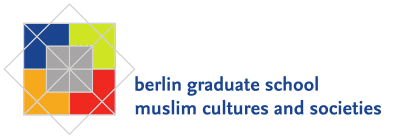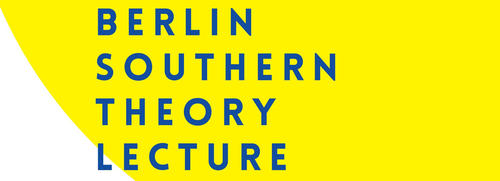Medicine, Mobility, and Power in Global Africa: Transnational Health and Healing (2012)
Endorsements
"This interesting and timely volume shows how African health issues can no longer be thought of as being sealed within Africa—that transnational flows are fundamentally shaping health practices." · Mark Hunter, University of Toronto Scarborough
"Focusing on globalization and Africa . . . this volume underscores the interconnectedness and the imbalances during a time of neoliberal reform." · Elisha P. Renne, University of Michigan
Reviews
The novelty of the volume lies in the way it brings studies of globalizing Africa into a productive dialogue with literatures on medicine, healing, and modernity. The volume deftly and convincingly demonstrates that questions of mobility are vital to understanding the complex and plural cultures of healing in contemporary Africa and reminds us that rather than Africa being an “exceptional” terrain of experimentation, exploitation, or exclusion, cultures of care and practices of mobility in Africa are marked by “circuits of exchange” (p. 2) and by persistent relations of “connectivity, multidirectionality, and return” (p. 9). (...) Overall this is an extremely stimulating collection that locates treatment seeking and healing in rich and fully realized worlds full of personal pain and social conflict and furnished with an eclectic bricolage of pathologies, etiologies, and medicine. This skillfully edited collection clears a path for further new and exciting work around topics of mobility, transnational health, and global healing. · Branwyn Poleykett, Bulletin of the History of Medicine 89 (3) 2015
[T]he chapters speak to one another through a common language of shared references and overlapping questions. (...) [The volume covers] a good spread of countries, and it is especially useful to have English sources on countries such as Mali, Togo, and Niger. The emphasis on mobilities allows for a focus on diasporic communities and transnational case studies. (...) For medical anthropologists who work in Africa, the Dilger, Kanye, and Langwick volume is almost obligatory, and reading it will likely lead to a pleasant afternoon filled with recognizable names and debates. · Melissa Graboyes, African Studies Review 57 (3) 2014
Medicine, Mobility and Power in Global Africa is a welcome addition to a growing body of scholarship examining postcolonial medicine, health, and healing in Africa. More than twenty years have passed since Steve Feierman and Jan Janzen co-edited The Social Basis of Health and Healing in Africa (University of California Press, 1992), which set an agenda for approaching health and healing practices as embedded in a broader set of social, political, economic, and historical relations. In broaching the question of mobility and globalization, editors Hansjörg Dilger, Abdoulaye Kane, and Stacey A. Langwick have taken up this agenda and brought it to the postcolonial present while maintaining historical sensitivity. (...) Although the volume is theoretically oriented towards problems in anthropology, historians of Africa, particularly those teaching the history of global health or the twentieth century, will find this collection highly valuable. · Marissa Mika, Journal of African History 55 (2) 2014
The edited volume entitled Medicine, Mobility, and Power in Global Africa is an inspiring exploration of medicine’s mobility in the form of twelve ethnographically rich contributions on African healing practices. [T]he chapters show how studying medicine’s mobility sheds light on the way mobile actors, healers, sick immigrants, religious leaders, but also globally circulating biomedical and social technologies, co-constitute the therapeutic and the social efficacy of medicine. [They] provide compelling evidence for studying mobility ethnographically by extending out from individual case studies on African medicine to broader issues of power in the rapidly transforming field of international health, which is now called global health, without losing sight of the situatedness of health practices and the historical specificities that shape the trajectories of medicine. · Sung-Joon Park, afrika spectrum 2014


